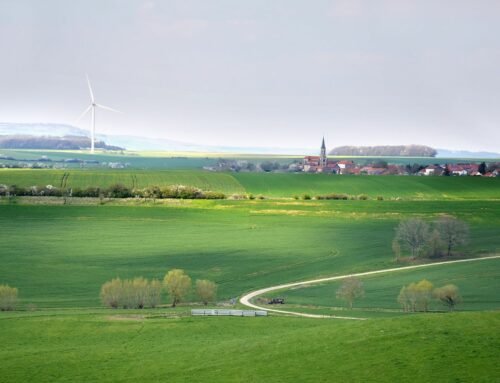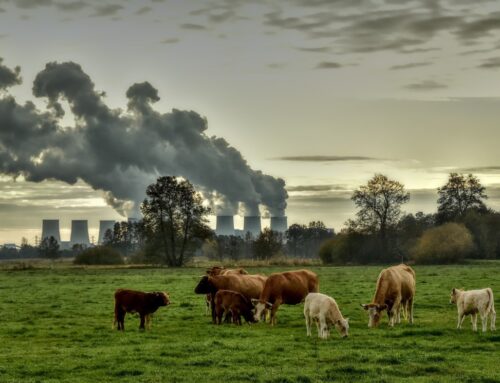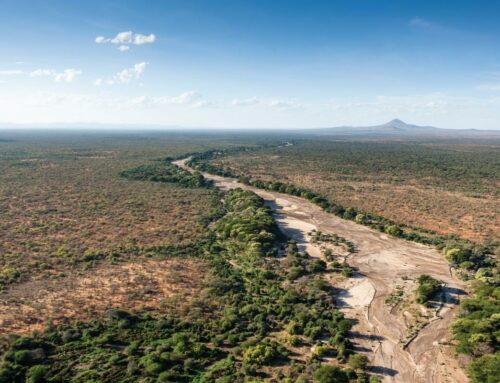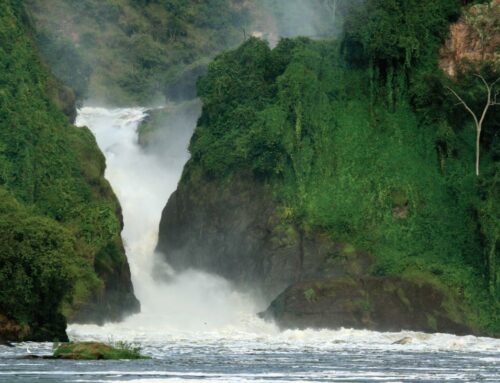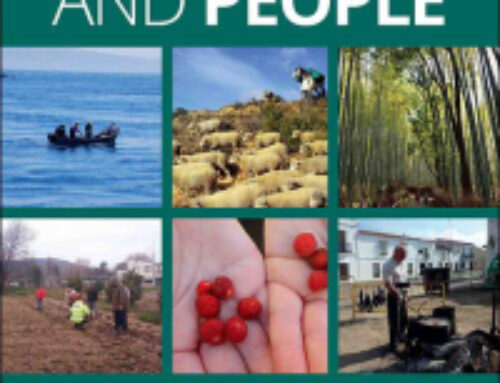
The USAID Resilient Waters Program, in partnership with the Centre for Sustainability Transitions, will be hosting an informative webinar series. The series is set to bring together practitioners, researchers, and civil society to reflect on lessons learned from the Resilient Waters program, which was implemented between 2018-2023, and other related initiatives.
This insightful webinar series is scheduled to run for a period of five weeks, commencing on the 4th of April, 2023, and will be conducted online via Zoom on Tuesdays from 11:00 to 12:30. To register for the webinar series, follow this link.

Webinar Overview:
The 2023 theme for World Water Day is about accelerating change to solve the water and sanitation crisis. In line with this theme, the USAID Resilient Waters Program will extract lessons from its WASH interventions in support of strengthening regional efforts on water and sanitation since 2018.
Join Resilient Waters and partner country representatives from Angola, Botswana, Mozambique, and South Africa as they reflect on how various WASH collaborations influenced and accelerated change at the sector, local, national, and transboundary levels.
Register for this webinar here.

Webinar Overview:
Most parts of Southern Africa are characterised by Human Wildlife Conflicts (HWC), in some cases resulting from large populations of wildlife especially elephants. Consequently, making these areas hotspots for various forms of HWCs, resulting in crop destruction, high livestock mortalities and loss of human lives.
Join Resilient Waters and its partners as we reflect on valuable lessons learnt emerging from current methods to combat HWC solutions and explore further opportunities. This webinar will rely on case studies from Botswana and Zambia on Elephant proof fencing, Poliwire fencing and the use of beehives to deter elephants from encroaching into croplands and human settlements. The webinar will also draw upon lessons learnt from the rollout of information systems such as Land Use Conflict Identification Strategy (LUCIS) for land use planning and other digital platforms to manage and report HWC incidences.
Register for this webinar here.

Webinar Overview:
Rural households in Southern Africa face increasing food insecurity as a result of climate change which affects the water cycle and rainfed crop production. Most Southern African small scale farmers are women who plant low nutrient-rich maize and rely on rain which has become unpredictable. As a result, the USAID Resilient Waters Program in partnership with rural farmers, NGOs and agricultural scientists have promoted Climate Resilient Agriculture practices across the region. Resilient Waters and our partners built the capacity of small-scale rural farmers to produce more and diversified food crops using (i) water-efficient approaches, (ii) agro-ecology that mixes different crops, and (iii) minimum tillage aimed at protecting sensitive crops from increasing heat and promoting better nutrition.
Join Resilient Waters and its partners as we reflect on lessons learned while implementing these innovative rural development interventions.
Register for this webinar here.

Webinar Overview:
Cross-sectoral institutional coordination and cooperation are important for effective resilience building and the pursuit of water security for communities and ecosystems across Southern Africa. One key lesson emerging from Resilient Waters interventions is that most pieces of land are subject to multi-faceted/multi-layered governance and management regimes, which makes for overlapping mandates by various authorities. Most times this results in inefficient resource allocation and conflicting policies and practices, specifically in the context of managing transboundary natural resource landscapes.
Join Resilient Waters and some of its partner transboundary organisations: THE Great Limpopo Transfrontier Conservation Areas (GLTFCA), the International Water Management Institute (IWMI), the Limpopo Watercourse Commission (LIMCOM) and the Global Water Partnership Southern Africa (GWPSA) to reflect on lessons learned in the governance and management of multi-functional landscapes such as River Basins, Groundwater Systems, and Conservation Areas. This webinar will provide an opportunity for stakeholders from transboundary, national, regional, and local institutions to engage on land management issues related to multi-layered governance systems, along with the associated policy and legal instruments that exist for managing complex landscapes.
Register for this webinar here.


